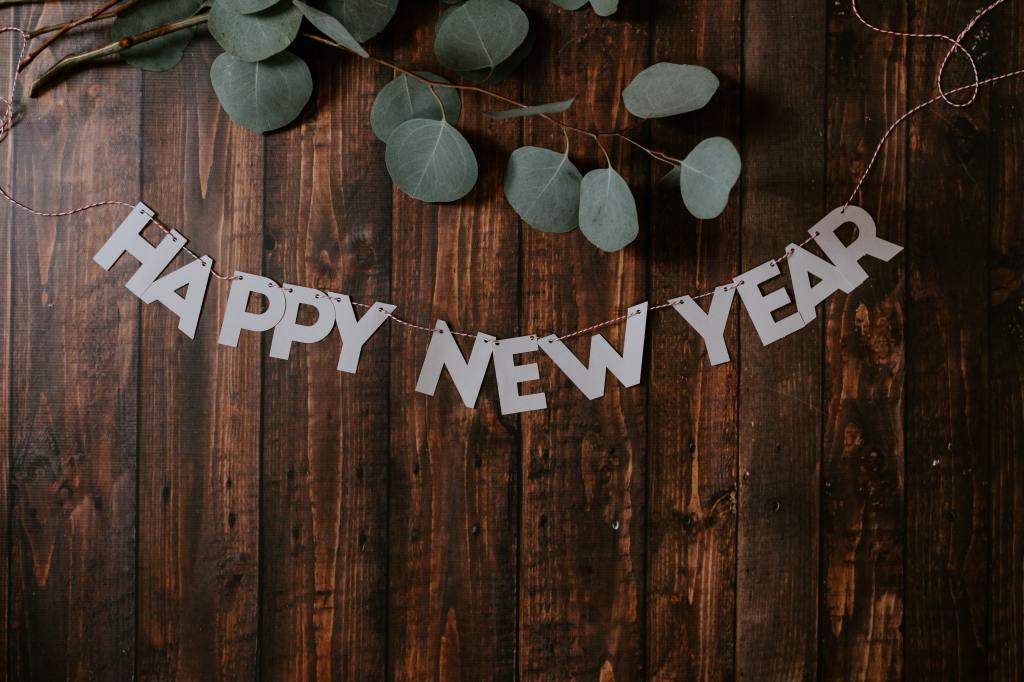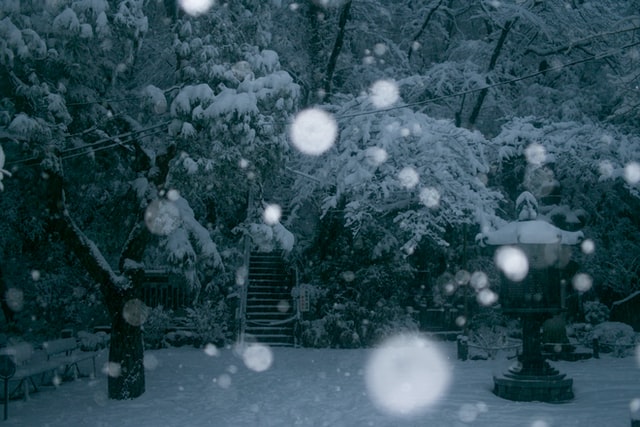It’s been another year for the books. Somehow, in the midst of everything, more and more people seem to be following this blog.
As a way to review the year, below are my most-read articles that I wrote during 2021. If you haven’t had a chance to read these articles yet, you may be interested in checking them out.
5. Awe Decreases Political Polarization
In a time of great political polarization, this post explores new research on how experiences of awe may help bring people together.
4. Awe as a Resource for Coping with Stress
Based on new research, this post examines how awe experiences diminish the stress response.
Honestly, this is one of my favorite things I’ve ever written. It explores how I try to experience the coziness of Winter.
2. The Science of Motivating Others
This blog post briefly went viral on Psychology Today. It relates to an old and new interest I have in the science of motivation.
1. Six Skills We Need as Citizens Who Can’t Agree on Scientific Facts
This was an opinion piece I published with the Star Tribune this Summer. It was born out of my frustration with people who can’t seem to accept facts.

